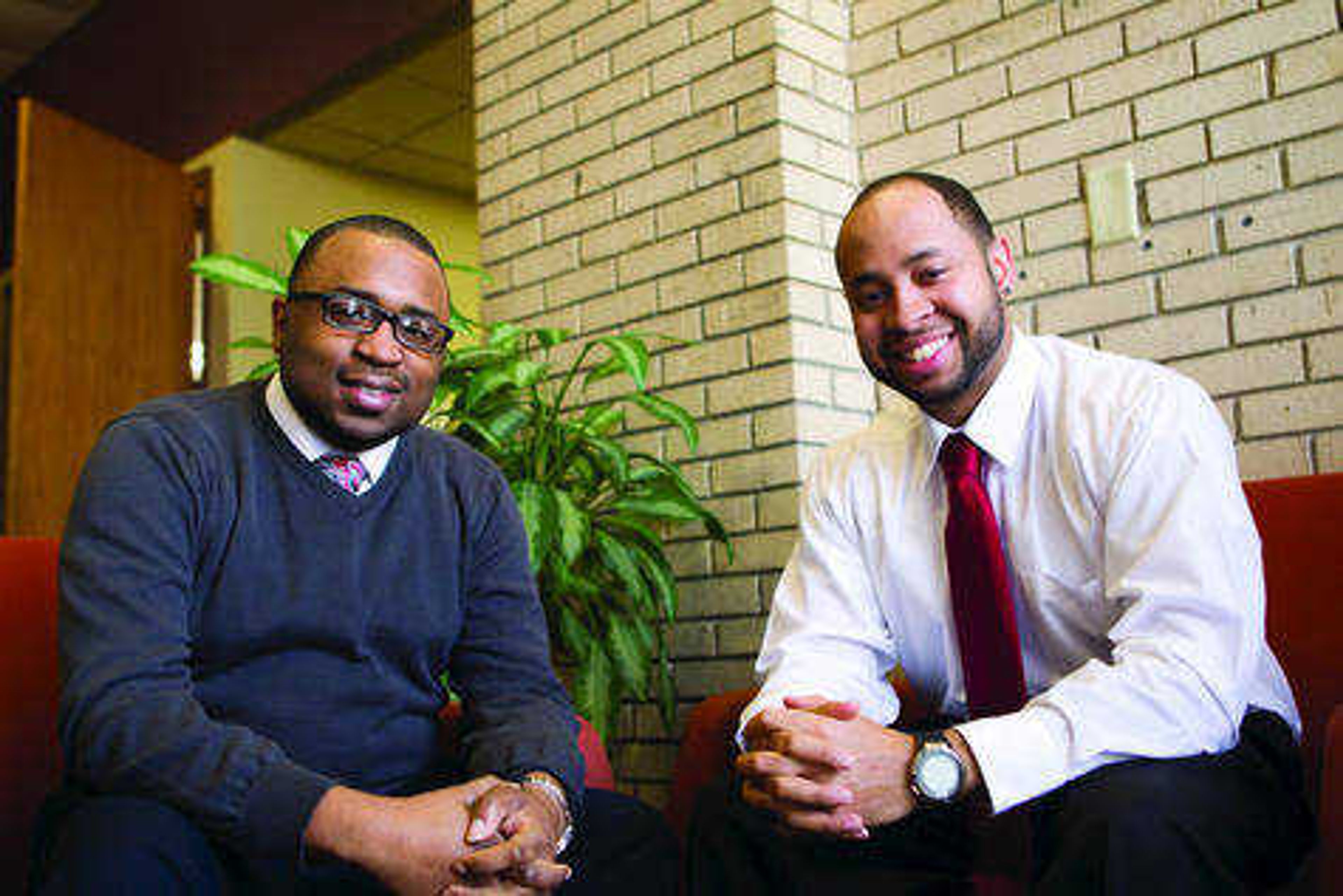Educational Access Programs continue to help minority students at Southeast Missouri State University achieve academic and professional success, according to academic specialist Rashaun Henry.
The programs, which started in 1997, were created to make sure that all students would have access to higher education. The programs provide various scholarships and mostly attract students from low-income families who are also first-generation college students.
Henry added that because many of the students' parents never graduated from college, some of the students find college life unfamiliar and confusing. Because of this, EAP offers the students mentorship and guidance.
"They are just coming in and they are expecting it to be kind of like high school, where you continue to transition, so they are expecting the teacher to reaffirm things like when assignments are due, but it's not really going to happen, and sometimes high schools are not preparing students adequately about what they should be expecting once they come to college," Henry said. "That's where we kind of step in."
One of the programs is the Minority Mentor Award Program, where students can get on-campus jobs working under a faculty or staff member. Henry, who participates as a mentor, said that the program works by giving the students someone to talk to about classes, about making sure they stay on track and about life in general while still getting paid.
"I was actually in the program all four years of my undergraduate," Henry said. "I came here in the fall of 2005, and at the time it was called Minority Student Programs. Now around 2007, the name was switched because we wanted to make sure that people knew that all our services weren't just towards minorities. A lot of them factor in that, but we have a lot of programs, like the merit award, that are open to anybody who needs the financial assistance."
Henry added that another reason for the name change was that when people heard Minority Student Programs, they generally thought of only African Americans, but coordinators wanted it to appeal to all minorities.
"Matching Success Award is one of the awards we offer to students," Henry said. "It is based on financial need. We look at the FAFSA and also their GPA. They have to at least have a 2.75 GPA and also a 21 or higher ACT score. Now the thing that we always talk to the students about is that if you don't have a high enough ACT score, which a lot of students don't, they can always wait a full year and they can always try and re-apply. And at that time, we are no longer looking at the ACT as a component to receive financial assistance."
Sean Sprinks, the retention coordinator at Southeast, was involved with EAP as an undergrad where he received the Matching Success Award. He then continued to work for the program as a graduate assistant and now as a part of the professional staff.
"EAP provided me the chance to cut down on my loans and provide an equal opportunity to me to get an undergraduate education," Spinks said.
Through the years, Spinks has seen that the programs have continued to grow and improve while also becoming more known on campus. With more students seeking jobs in coordination with the program, Spinks said that as the program is expanding they are looking into getting more students employed in other departments.
"Being a part of it, I've had good experiences and I feel like that position helped me by providing me with the knowledge and skills I have today to allow me to be a professional," Spinks said.






